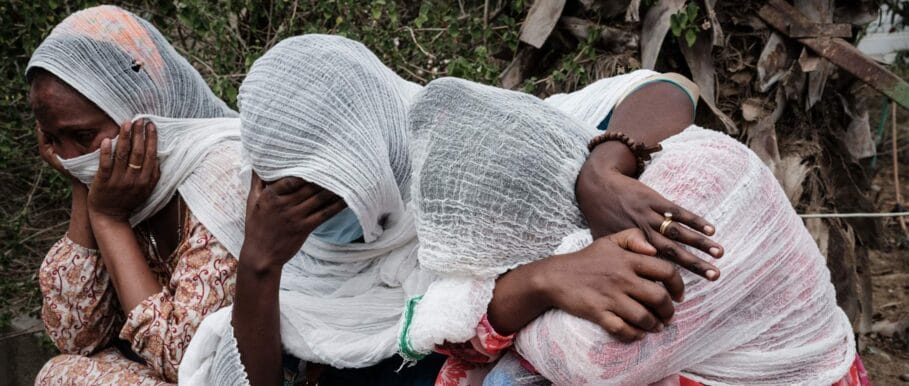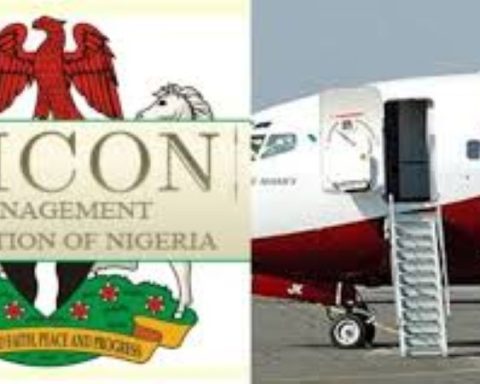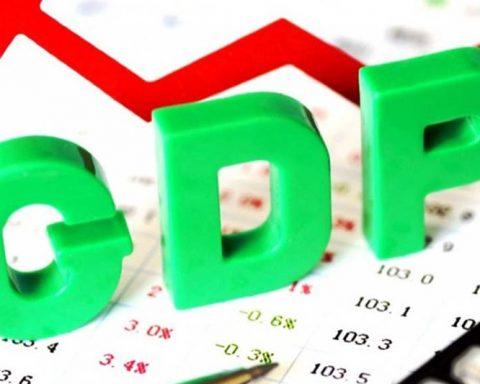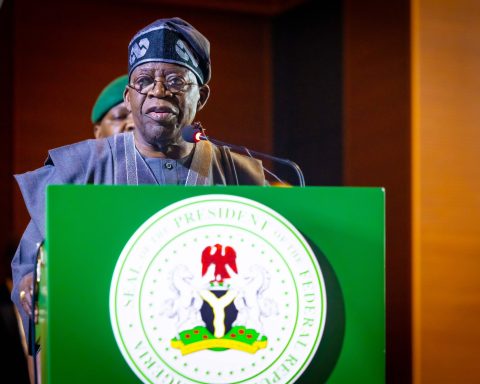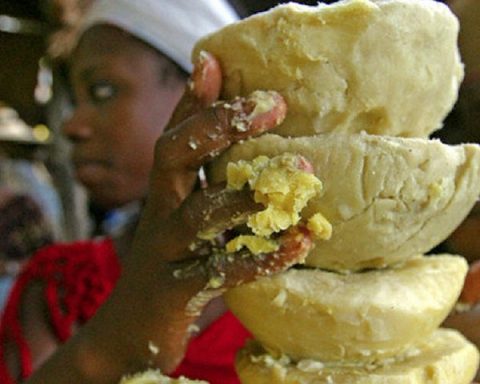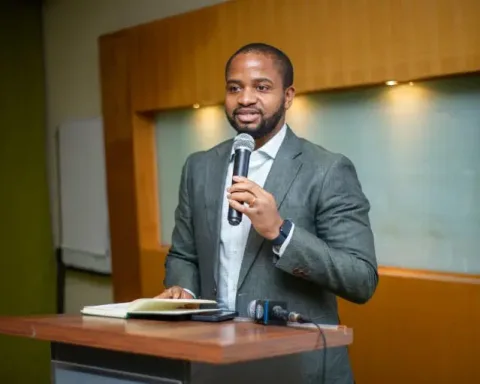Climate finance committed by major multilateral development banks (MDBs) rose to $66 billion last year, up from $61.6 billion in 2019, according to the 2020 Joint Report on Multilateral Development Banks’ Climate Finance published on Thursday July 1, 2021.
Of this, $38 billion, represenring 58 percent, was committed to low- and middle-income economies.
The total climate co-finance committed during 2020 alongside MDB resources was $85 billion. Together, MDB climate finance and climate co-finance totalled more than $151 billion. The amount of private direct mobilisation stood at $5.9 billion.
Join our WhatsApp ChannelAccelerating the transition to low-carbon and climate-resilient economies through climate finance is a key element of the MDBs’ effort to align their activities with the objectives of the 2015 Paris Agreement to keep global warming well below 2°C, with efforts to limit it to 1.5°C, along climate-resilient development pathways. In the past six years, the MDBs have jointly committed a total of $257 billion in climate finance, of which $186 billion was directed at low- and middle-income economies.
The annual report is a key indicator on the progress MDBs are making on accelerating the delivery of climate finance, for which demand is clearly going to grow over time. This year’s report marks the end of the reporting period tracking individual climate finance pledges since 2015; for most, 2021 will mark the start of a new increase in ambition. In 2019, at the UN Secretary-General’s Climate Action Summit, MDBs announced their expected joint annual climate action finance to 2025. These include at least $65 billion, with $50 billion of MDB climate finance for low-income and middle-income countries; an increase in adaptation finance to $18 billion; and private direct mobilisation of $40 billion.
“The MDBs will continue to improve their tracking and reporting of climate finance in the context of their commitments to ensure consistent financial flows to the countries’ long-term, low-carbon and climate-resilient development pathways, as established in Article 2.1 of the Paris Agreement,” says the 2020 report, which is the tenth in the series.
Of the 2020 total of $66 billion, $63 billion came from the MDBs’ own accounts and almost $3 billion from external resources channeled through and managed by MDBs. These included the Climate Investment Funds (CIF) (https://bit.ly/366Lpvi), Green Climate Fund (GCF) (https://bit.ly/3jDikj7) and climate-related funds under the Global Environment Facility (GEF) (https://bit.ly/3dA6YbL), EU blending facilities and others.
“The African Development Bank’s share of climate change related investments has increased four-fold from 2016 to 2019 and is expected to reach 40% of the Bank’s total investment at the end of 2021,” said Mr. Al-Hamndou Dorsouma, Officer-In-Charge Director of Climate Change and Green Growth at the African Development Bank. “We are on track to mobilize the target of $25 billion between 2020 and 2025 to support investments that address climate change and promote green growth,” he added.
The 2020 financing helped play a key role in supporting countries to embed green and climate-focused solutions as part of their recoveries from the impact of COVID-19. While these programmes affected MDBs’ normal lending operations and thus the delivery of their climate finance targets, seeing the total commitments for low- and middle-income countries dip from 2019’s $41.5 billion, the 2020 report says interventions and support from the MDBs laid a solid foundation for “building back better” for a greener, more resilient, post-Covid-19 future.
Nearly $50 billion (76 per cent) of total MDB climate finance in 2020 was associated with climate change mitigation investments that aim to reduce harmful greenhouse gas emissions and slow down global warming. Of this, 50 per cent went to low- and middle-income economies. More than $16 billion (24 per cent) for climate change adaptation finance was invested in adaptation efforts to help countries build resilience to the mounting impacts of climate change, including worsening droughts and more extreme weather events, from flooding to rising sea levels. Of this, 83 per cent was directed for low- and middle-income economies.
The 2020 MDB report, coordinated by the EBRD, combines data from the African Development Bank (www.AfDB.org), the Asian Development Bank (ADB) (www.ADB.org), the Asian Infrastructure Investment Bank (AIIB) (www.AIIB.org), the European Bank for Reconstruction and Development (EBRD) (www.EBRD.org), the European Investment Bank (EIB) (www.EIB.org), the Inter-American Development Bank Group (IDBG) (www.IADB.org), the Islamic Development Bank (IsDB) and the World Bank Group (WBG) (www.WorldBank.org). AIIB data is fully incorporated for the first time. As part of the MDBs’ ambition to extend and enhance climate finance reporting, the 2020 report also summarises information on climate finance tracking from the New Development Bank (NDB), presented separately from the joint figures and not yet included in the MDB climate finance total.
- Editor
- Editor
- Editor
- Editor
- Editor



